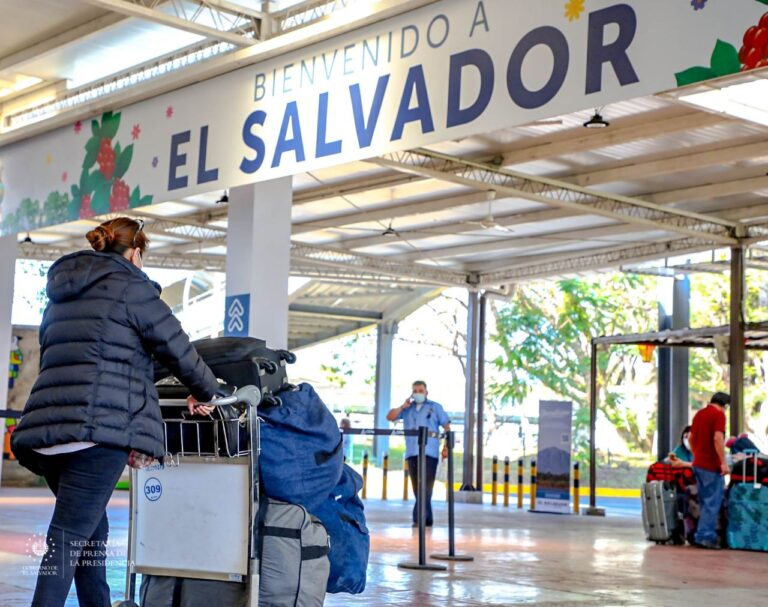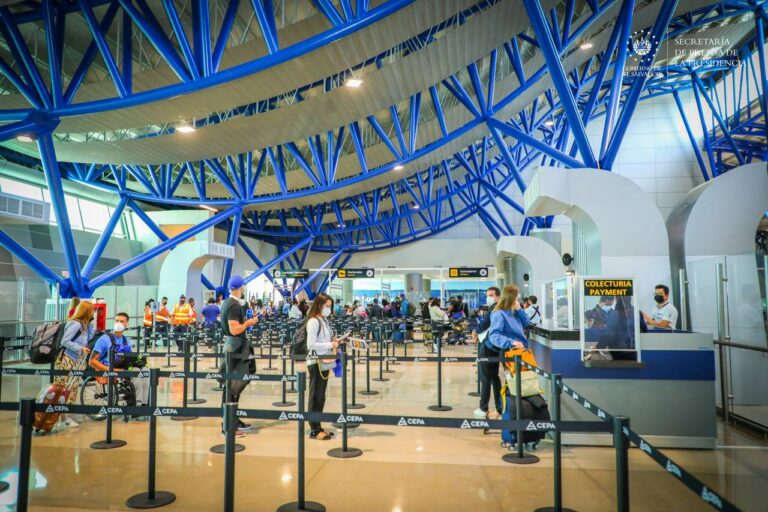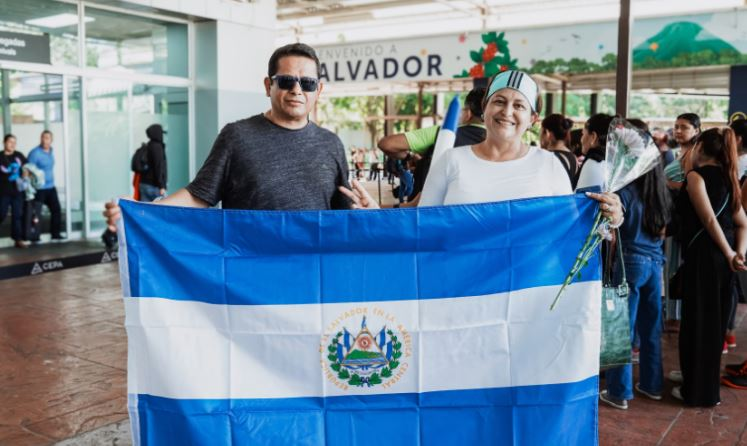The Legislative Assembly is making progress in approving the Special Law of Benefits and Protection for the Diaspora and People in Human Mobility, a law that seeks to recognize and support salvadorans who have resided abroad and wish to return to the country. This initiative includes economic incentives of up to US$100,000 per person and a series of tax and social benefits that will facilitate their reintegration.

Among the main benefits is a total tax exemption for the import of household goods, including furniture, appliances, clothing, pets, tools, among others. This measure can only be used once and represents a significant improvement over the previous transitional law, which limited the benefit to US$70,000.
In addition, the new regulations will allow the tax-free importation of up to two light vehicles in good condition for personal use. These vehicles must remain the property of the beneficiary for at least two years. Work vehicles and tools necessary for productive activities will also be permitted within the first year of returning to the country.

To ensure effective implementation, the National Coordination Mechanism on Human Mobility will be established, led by the Ministry of Foreign Affairs. This body will design public policies, coordinate assistance programs, and manage international cooperation related to human mobility.
Likewise, the Ministry of Labor will create the “Jobs for Returned Salvadorans” registry to connect returnees with job opportunities and provide incentives to companies that join the program. In parallel, the Investment Promotion Agency (INVEST) will promote initiatives that facilitate diaspora investment in the country.

To access these benefits, salvadorans must declare their intention to return through a sworn statement to the Directorate of Immigration and Foreigners, update their address on their DUI, and meet the requirements established by law. Those with immigration alerts, arrest warrants, or current legal restrictions are excluded from this regulation.
This law represents a milestone for El Salvador, as it is the first country in Central America to have comprehensive legislation on human mobility, joining countries such as Ecuador and Colombia. With it, the government seeks not only to repair a historic debt to the diaspora, but also to boost the economy through the talent, capital, and commitment of thousands of salvadorans abroad.







